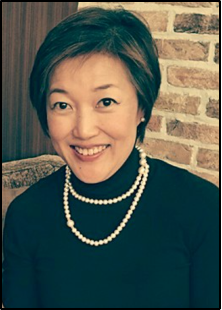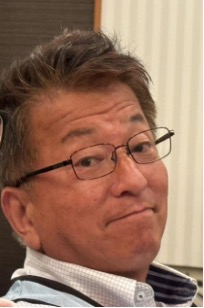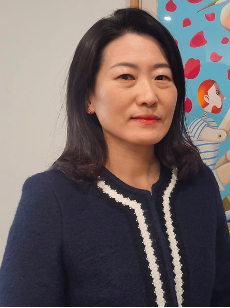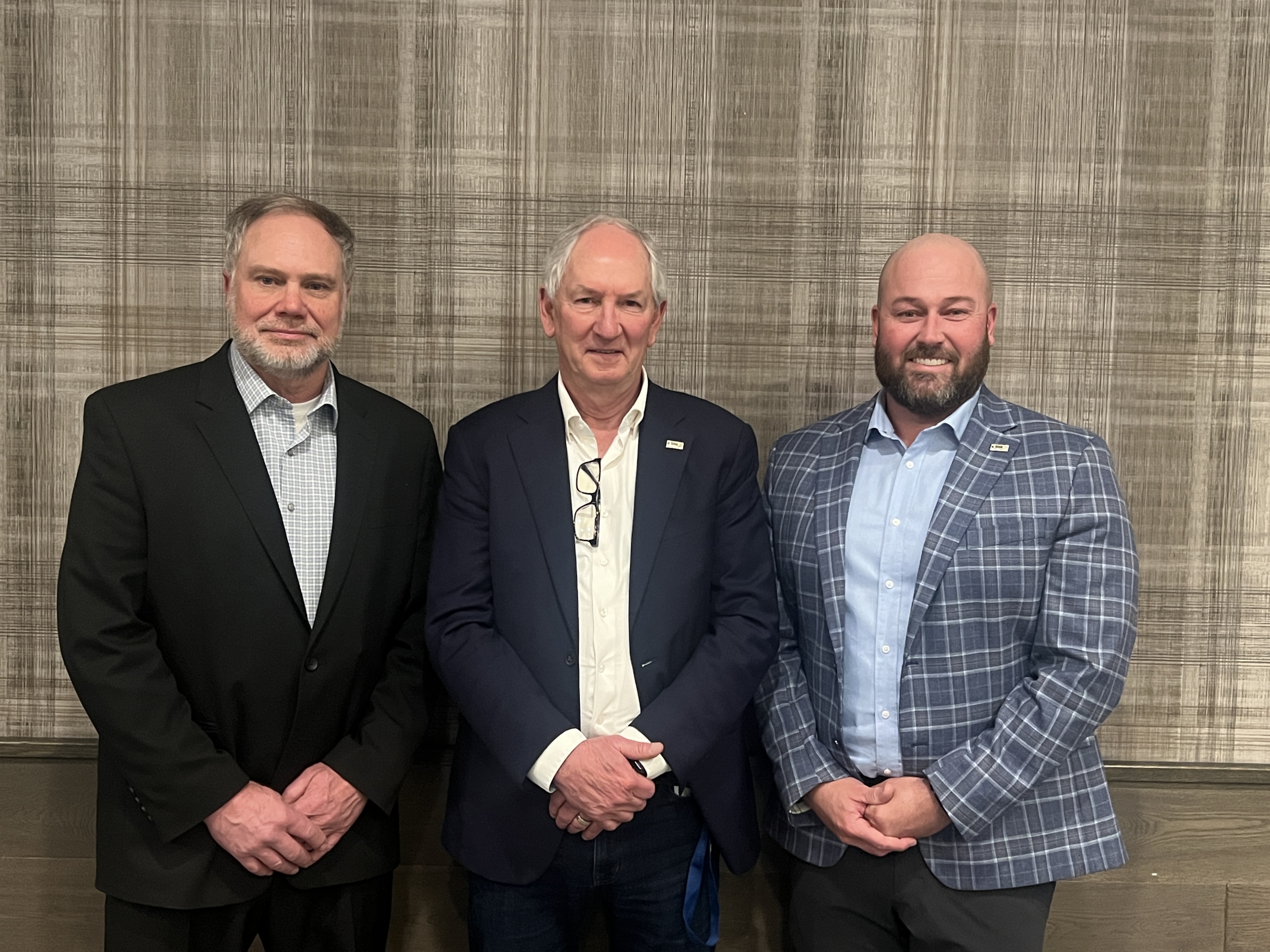ICC group will enhance SSGA’s international network
SSGA is pleased to announce the addition of a global management team that will be working on the alliance’s behalf in implementing overseas programs, including promotion of the U.S. Identity Preserved assurance plan and brand, trade services for U.S. exports of high-quality, specialty grains and oilseeds, and other in-country assistance such as training and education and coordination with government officials, including USDA posts.
International Collaborative Consulting (ICC) presented an impressive proposal that covered both the Southeast Asia and North Asia regions, which will enhance SSGA’s overall international team.
Owned and operated by Amy Burdett and Susan Weller, ICC has great experience, background and expertise, as well as an excellent network of contacts, resources and sub-contractors they work with, which will help SSGA build an effective overseas program on behalf of its members. ICC is familiar with SSGA and its mission and strategy and is also very familiar with other USDA FAS-funded programs, which will help SSGA in contracting and compliance.
“The depth and breadth of ICC’s experience will greatly enhance the U.S. Identity Preserved brand and overall perception of high-quality, traceable field crops supplied by our member companies,” said Shane Frederick, SSGA’s manager of strategic programs. “After the groundwork for this program was laid through previous brand creation and technical assistance, ICC is undoubtedly the right team to take things up a notch.”
Burdett and Weller have nearly 50 years of combined experience in U.S. food marketing and international agriculture trade that spans trade organizations, the private sector and federal government. ICC works with several organizations to leverage USDA grant funding to entice global buyer purchases and resolve trade barriers. They connect with producers to explain the benefits and avoid the pitfalls of international exports.
Their international network includes colleagues with expertise in U.S. cooperator programming and activity implementation. The ICC team is at the ready to help with in-market work such as SSGA representation, trade servicing, event coordination, government communications and country program reporting, along with recruiting foreign attendees for the Identity Preserved International Summit that will take place Feb. 18-20 in Honolulu, Hawaii. ICC’s international colleagues have already begun training and getting familiar with SSGA and the U.S. Identity Preserved program. It includes:
- Japan: Ms. Izumi Amano and Mr. Keiichi (Ken) Tanaka
- Korea: Ms. Jennie Lee
- Thailand/Southeast Asia: Mr. Kraipob Pangsapa
ICC’s previous experience with SSGA includes completing a program evaluation on its U.S. Identity Preserved work in Asia in 2022 and leading the board of directors in a session to assess the alliance’s overall strategy, mission and vision in 2023.
The ICC team is here for SSGA members. Please reach out if you are traveling to meet customers and potential customers or for events in Asia for assistance. They are here to better connect you to the region! You can connect with them at aburdett@soyagrainsalliance.org or sweller@soyagrainsalliance.org. In addition, SSGA has regional emails for inquiries: North Asia (Japan, Korea, Taiwan) northasia@soyagrainsalliance.org and Southeast Asia (Vietnam, Thailand, Indonesia, Malaysia, Philippines) seasia@soyagrainsalliance.org












